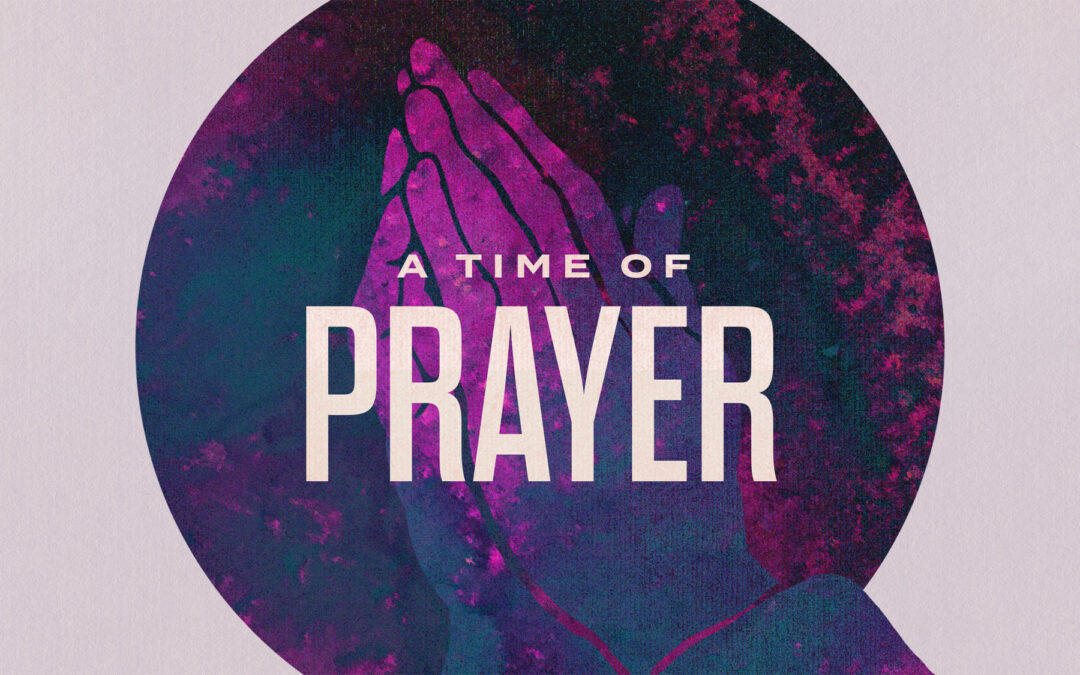We continue to explore The Lord’s Prayer as we look at “Intercession”. Jesus taught in Matthew 6:12, “And forgive us our debts, as we also have forgiven our debtors.” This verse highlights the significance of intercession—standing in the gap between God and our needs, as well as the needs of others.
Daniel, a great intercessor in the Bible, exemplifies the power of prayer in interceding for his people. In Daniel 9, he fervently prayed for God to forgive and redeem Israel, acknowledging their sins and pleading for mercy. Daniel said in verse 20 “I went on praying and confessing my sin and the sin of my people, pleading with the Lord my God for Jerusalem, his holy mountain”. Daniel’s example reminds us of the transformative impact of intercession in bringing about God’s grace and redemption.
Intercession involves presenting the needs of others before God with sincerity and compassion. It’s about lifting up prayers on behalf of those who are facing challenges, whether it’s health issues, conflicts, family struggles, or the need for forgiveness.
When we intercede, we step into the gap between God and humanity, asking for His mercy and grace to be poured out in abundance. It’s a selfless act of love, putting the needs of others above our own and trusting in God’s faithfulness to answer prayers according to His will.
Intercession is not limited by time or space. Through prayer, we can intercede for people across the globe, knowing that God hears and responds to our petitions. It’s a privilege and a responsibility to partner with God in His redemptive work, bringing hope and healing to those in need.
As we engage in intercession, we should do so with faith and perseverance, trusting that God is at work even when we cannot see the immediate results. Let us stand in the gap with boldness and compassion, believing that our prayers have the power to bring about transformation and renewal in the lives of others.
You can write the Pastor at pastorbilly@findtruelife.com

